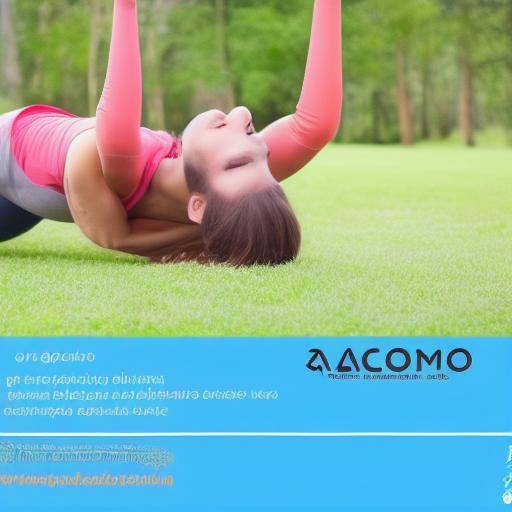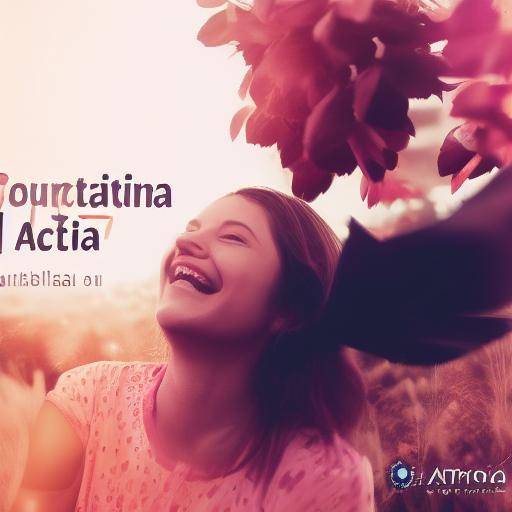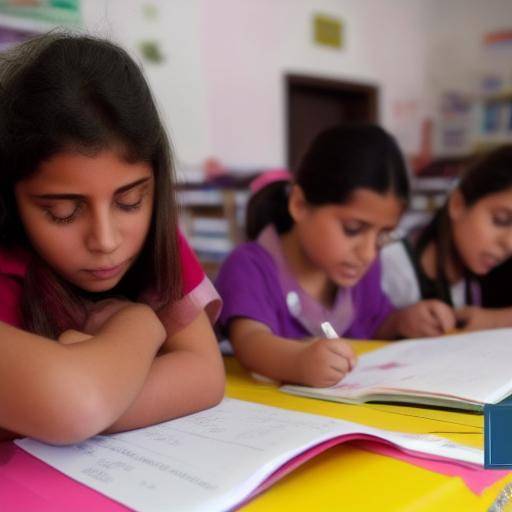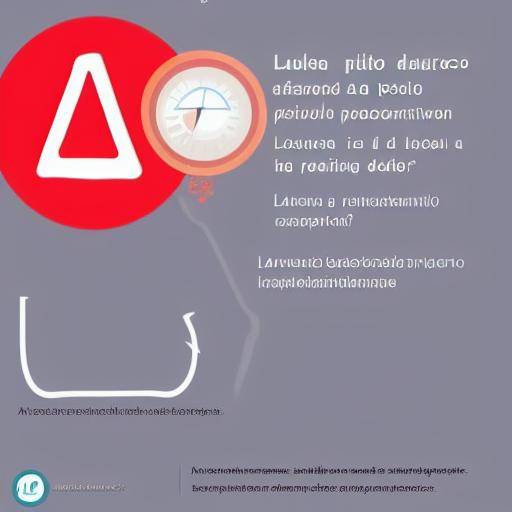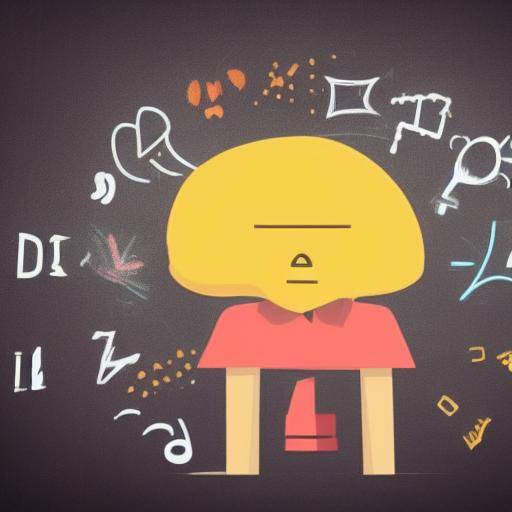
Introduction
Gratitude is a powerful feeling that can transform our lives. Practicing gratitude daily not only makes us aware of the blessings that surround us, but also improves our personal well-being and creates daily habits that drive us towards a fuller life. In this guide, we will explore in depth what the practice of gratitude implies, how it affects our personal well-being and how we can incorporate it into our daily habits. You will learn about the benefits, challenges, current trends and many practical tips that will help you cultivate a genuine sense of gratitude in your daily life.
History and Background
The practice of gratitude has deep roots in various cultures and religious traditions around the world. Since ancient times, philosophers, spiritual leaders and thinkers have promoted the importance of being grateful. It has been linked to emotional, mental and physical well-being. Gratitude has been studied in psychology, sociology and philosophy, and has been the subject of numerous scientific research that support its benefits.
At present, the practice of gratitude has become a topic of growing interest in the field of positive psychology and personal well-being. Scientific evidence supports its positive effects on mental health, interpersonal relationships, academic and labour performance, among other aspects.
Detailed Analysis
Gratitude is not only associated with positive emotions, but it has also been shown to have beneficial physiological effects. The practice of gratitude relates to lower levels of stress, greater satisfaction with life, more optimism and a more positive view of the future. These positive emotions, in turn, are connected with a range of benefits for physical health, such as a stronger immune system, lower risk of cardiovascular disease and greater longevity.
Comprehensive review
Incorporating gratitude into daily life is not only a personal welfare strategy, but it can also influence the quality of our social interactions and how we perceive ourselves. Gratitude can act as a link in relationships, strengthening emotional ties and fostering prosocial behaviors. In addition, practicing gratitude can promote an abundance mentality, where we focus on what we have instead of focusing on what we lack.
Comparative analysis
The practice of gratitude, personal well-being and daily habits are intrinsically linked. Gratitude can be seen as a tool to improve personal well-being, while incorporating it into our daily habits can generate a significant impact on our quality of life. By observing these three areas together, it is clear that gratitude can be fundamental to creating habits that foster greater personal well-being.
Practical Tips and Accessible Advice
Here are some practical ways to incorporate gratitude into your daily life:
- Keep a diary of gratitude.
- Express your verbal gratitude to the people around you.
- Find daily moments to reflect on what you are grateful for.
- Practice acts of goodness towards others.
Conclusions and FAQs
In conclusion, the practice of daily gratitude can have a significant impact on our personal well-being and the way we live our lives. By cultivating gratitude, we can find greater satisfaction, deeper connections with others and a more positive perspective.
Frequently asked questions
1. What concrete benefits are derived from the practice of gratitude?
The practice of gratitude has proven to improve emotional and mental well-being, reduce stress, strengthen interpersonal relationships and foster prosocial behaviour.
2. How can I incorporate gratitude into my daily habits?
You can incorporate gratitude into your daily habits by keeping a daily of thanks, verbally expressing your gratitude, reflecting on your daily blessings and doing acts of goodness to others.
3. What is the connection between the practice of gratitude and personal well-being?
The practice of gratitude is closely related to personal well-being, as it fosters positive emotions, strengthens interpersonal relationships and promotes an abundance mindset, thus contributing to a more full and satisfying life.
4. Are there different ways to practice gratitude?
Yes, the practice of gratitude can be manifested in a variety of ways, from keeping a daily of thanks to verbally expressing gratitude, practicing full attention and doing acts of goodness to others.
5. How can gratitude influence my physical health?
Gratitude has been related to beneficial physiological effects, such as reduced levels of stress, a stronger immune system and lower risk of cardiovascular disease, which in turn contributes to better physical health.
6. How can I maintain consistency in the practice of daily gratitude?
In order to maintain consistency in the practice of daily gratitude, it is useful to establish regular reminders, find an accountability partner and focus on specific aspects that are grateful for.
With the information provided in this guide, we hope to have provided a profound understanding of how to practice gratitude on a daily basis, how it influences personal well-being and how it can be integrated into everyday habits. By incorporating gratitude into our daily lives, we can experience significant changes in our perspective and enjoy a more full and fulfilling life.


















